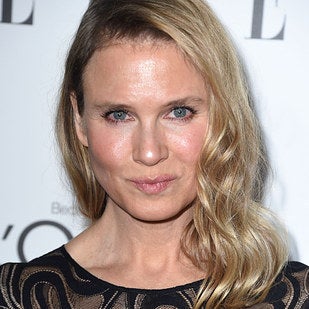

"This Is What Renée Zellweger's Face Looks Like Now," "What HAS Renée Zellweger Done to Her Face," "Stop What You're Doing: Renée Zellweger Has a Brand-New Face," "Is That You, Renée Zellweger?"
All of these links reference photos from Elle's 21st annual Women in Hollywood Awards, which Renée Zellweger, who is now 44, attended on Monday night. Zellweger has not made a film in four years, and yet her name is still a household one — or at least, if you say her name, an image of her probably springs into your head. The cute Jerry Maguire or Bridget Jones's Diary-era cherubic cheeks, the crinkled eyes, the pursed-lip smile — far more "just like us" than more glamorous contemporaries like Angelina Jolie or Julia Roberts.
Which is part of the reason that the photos of her looking so markedly unlike herself in the photos from Monday's event are so startling. And yes: She seems to have had some plastic surgery in the eye area, some Botox-like injections in the forehead area.
But: So what?
In some ways, it's a pretty classic case of taking pleasure in looking, with disgust, at the feminine grotesque: a slightly more socially sanctioned version of ogling enormous breasts, or the Barbie, or too-long nails, outsize rear ends; Lisa Rinna's lips, Kim Kardashian's pregnant body, stretch lines and cellulite on the beach, stars without makeup. The aging body is fascinating — but we've also been culturally trained to be repulsed by it.
The performative surprise, disgust, and shame directed toward aging is super contradictory: It suggests that the ideal woman is young and without wrinkles, but attempts by women to maintain that ideal are subject to derision.
It's not that women shouldn't get plastic surgery; it's that they should make every effort for that surgery to be invisible, seamless, unnoticeable. Good plastic surgery is OK, but "bad" plastic surgery — surgery that makes itself visible — now that's abject.
Why? Because it shows that the work of performing ideal femininity is just that: work. And ideal femininity never illuminates itself as a construction; it must present itself as "natural." Which is also why it comes as such a surprise when someone like Beyoncé speaks openly about the exhaustive regimen necessary to get her body into post-baby shape: It speaks truth to the lie of the effortless, immaculate, eternally young and fit female form.
Plastic-surgery shaming is thus tantamount to blaming the victims of this ideal for working so hard to achieve what we've told them, for decades, they must do. It's bullshit, it's unfeminist, and it's just one of many ways in which society damns women for taking its ideals concerning sexuality or the body to their natural extension.
But I also think that the surprise at Zellweger is rooted in the way that we, as consumers, were introduced to her image — and the expectations that cling to that image, nearly two decades after it was first introduced. In Empire Records (1994), Zellweger, then 25, wears a short skirt for the duration of the film, eventually donning a bright orange apron that barely covers her "delicate" regions, alternately praised and shamed for her status as a sex object.
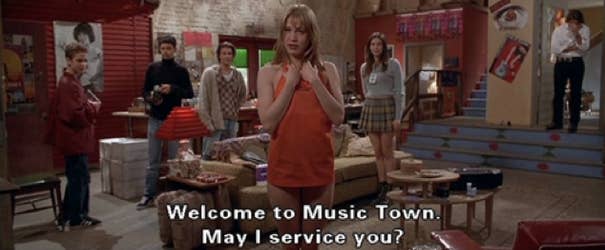
She's a mother in Jerry Maguire (1996), but she's also characterized by her youthfulness and idealism — and her contrast with Tom Cruise's ideal ex-girlfriend. She went purposely dowdy for Bridget Jones's Diary (2001), a film whose narrative hinges on the titular character's continual attempts to hew societal ideals of the contained female body.
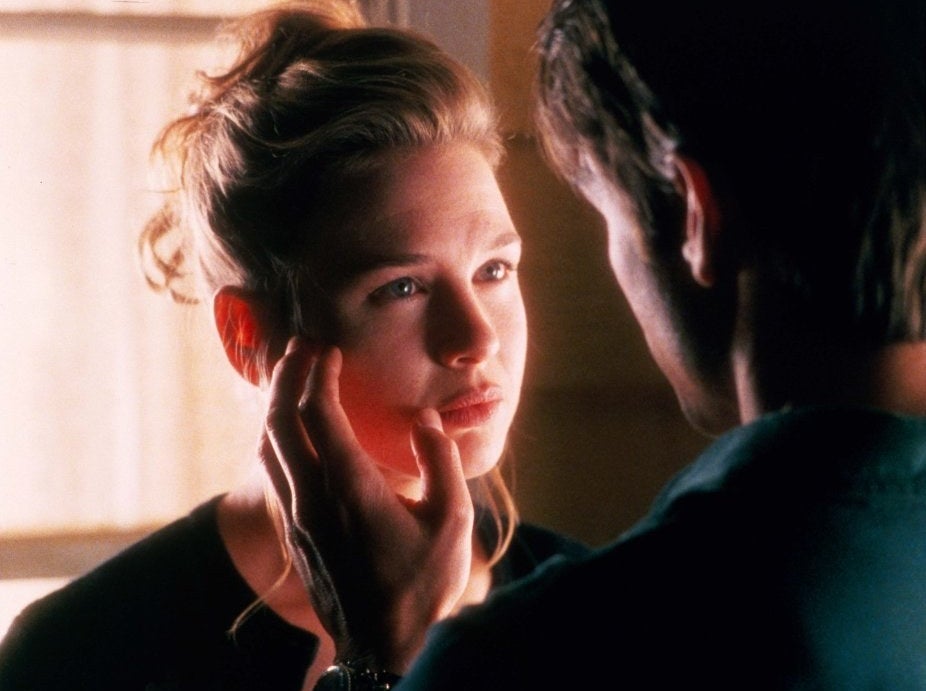

In Cold Mountain (2003), she's in formless, masculine clothes, playing a character who's clearly never been schooled in proper femininity; she's the inverse and foil to Nicole Kidman's proper Southern woman, and "playing at" non-femininity — a performance accentuated by her hyper-feminine appearances on the red carpet during awards season — was part of what won her the Academy Award.
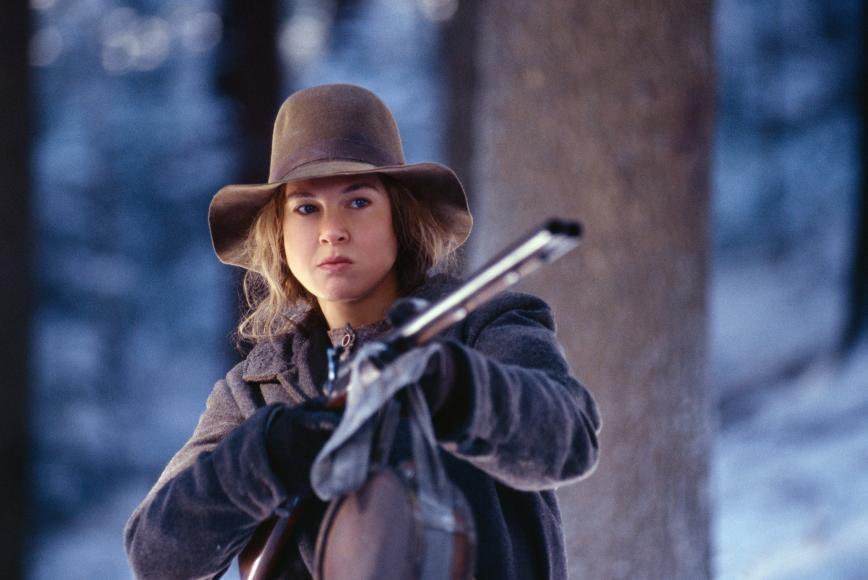
Which is all to say that Zellweger's picture personality has been about the striving performance of femininity — and a striving performance that's rooted, always, in the appearance of twenty- and thirtysomething youth. To see her at the age of 44, amid a long period without acting work, with plastic surgery seems yet the latest attempt, and failure, to conform to the ideals of femininity, the sad second act in the latest Bridget Jones. Only this time, as the book tells us, Mr. Darcy is dead, which means there's no man to validate her and thus save her from self-punishment.
To be clear, I don't think that Renee Zellweger is Bridget Jones, or that Zellweger conceives of herself as Bridget Jones. But we map the Zellweger image onto the Zellweger body: That's how stardom works.
Hollywood is horrible to aging women, broadly, but it's particularly horrible for women whose images are rooted in a youthful form of themselves. It's not just Lindsay Lohan, in other words, who has to struggle with expectations pinned to a much-younger version of herself. That's why Julia Roberts and Reese Witherspoon keep playing variations on the same roles, praised for their apparent agelessness, and why Demi Moore and Nicole Kidman struggle to reinvigorate their stardom. Indeed, the most flattering form of praise for a longtime female star isn't "Look at their varied and complex career!" but "[Insert Star Here] Doesn't Age!"


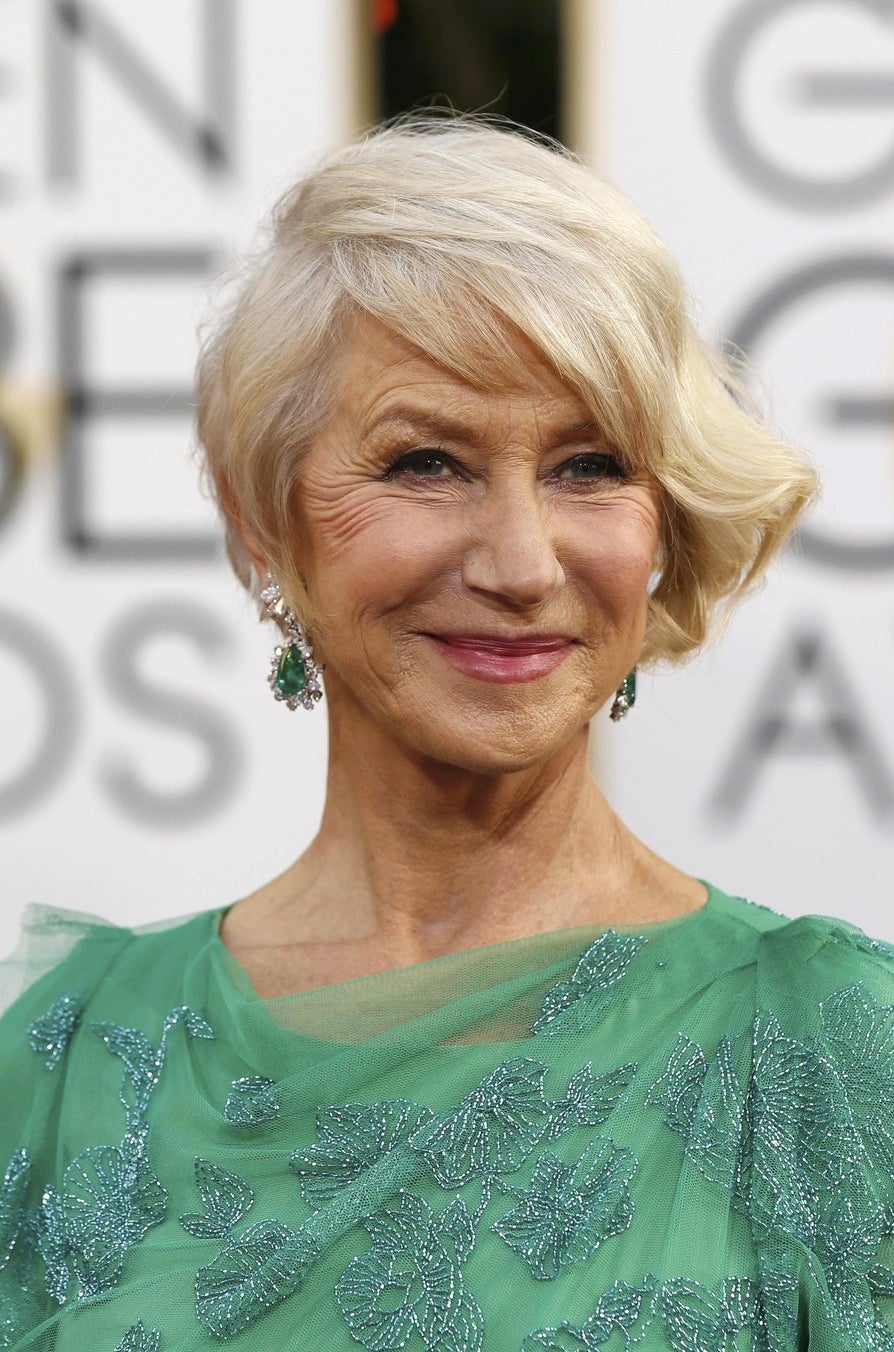
What do we make, however, of the cult of 47-year-old Connie Britton? The silver fox praise of Helen Mirren, who is 69? The love for Julianna Margulies (48), and Viola Davis (49), and Vera Farmiga (41)? It's simple: All of their images (at least for American audiences) are rooted in a "mature" version of beauty. No one criticizes them for aging on screen because they've seemingly always already been aging.
For Zellweger, whose stardom was forged in her late twenties, that's simply not an option — especially without the sort of roles, television- or film-based, that would help audiences work through that transition. The last time we really "saw" her, she was that old image. Now she's labeled a distortion of it, even though, in truth, it's society's reaction that's the dark mirror of our expectations — not Zellweger's still beautiful face.
